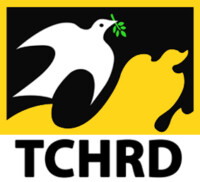Tibetans working as government tour guides in Lhasa have lost their jobs because of unauthorised trips to India. Between 69 and 72 tour guides, many of whom have held their positions for several years, have thus far been affected by the Government’s decree, issued in February, 1997.
To work as a tour guide in Tibet, each guide must pass a test and then pay for the license. Those tour guides who had visited India in the last two years were required to pay 800 yuan (equivalent to US$100), more than double the price of 300 yuan for the previous year. It was only after paying the sum that they were told that they would be unable to register as tour guides, nor work in hotels, because of the new decree.
In 1994 Chinese authorities announced that tour guides would be watched in order to prevent them “colluding with foreign tourists to harm state security” and the 1996 entrance exam for tour guides included questions about “Deng Xiaoping Thought” and “Is Tibet independent?”. This new Chinese policy appears designed to discourage Tibetans visiting India where they are exposed to the “splittist” influences of the Dalai Lama and the Tibetan Government-in-Exile and are able to study Tibetan culture and history. Those tour guides who had visited Nepal during the previous two years were unaffected by the ruling. These actions come despite recent claims by China in their “White Paper on Human Rights in 1996” to have guaranteed workers’ rights and the rights of ethnic minorities. Reports indicate that Chinese tour guides will be appointed to replace the Tibetans.
